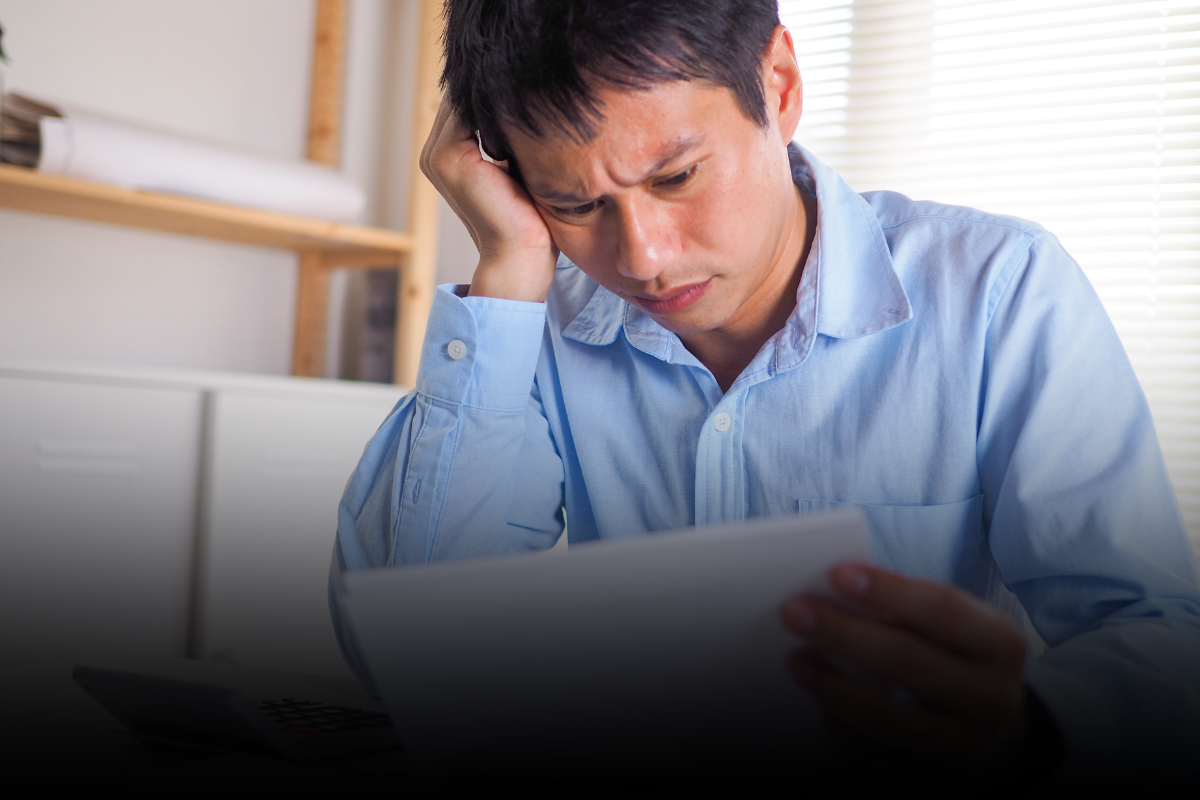What Happens If One Spouse Files Bankruptcy During a Divorce in North Carolina
Filing for divorce is already complex and full of legal processes that are just tiring, and when one spouse files for bankruptcy during the process, it introduces additional legal challenges.
Bankruptcy can impact property division, debt allocation, spousal support, and even the timeline of your divorce.
Working with a lawyer who understands how North Carolina law interacts with bankruptcy is essential to protect your financial interests and your future. Contact Martine Law divorce attorneys today.
How Bankruptcy Affects Divorce Proceedings in North Carolina
When a spouse files for bankruptcy during a divorce, several legal issues arise:
- Automatic Stay: Filing for bankruptcy triggers an automatic stay, which temporarily halts most collection actions and legal proceedings. In divorce cases, this may pause the division of marital property or certain enforcement actions.
- Property Division: North Carolina follows equitable distribution, which means marital property is divided fairly—not necessarily equally. Bankruptcy may complicate this because some debts and assets might now be addressed in bankruptcy court rather than family court.
- Debt Responsibility: If your spouse includes joint debts in the bankruptcy, creditors may no longer pursue them directly, but this does not always eliminate your responsibility. Divorce agreements still determine who is legally responsible for which debts.
- Spousal Support (Alimony): Bankruptcy generally does not discharge alimony obligations. A court may still require the paying spouse to fulfill support obligations even if their debts are discharged in bankruptcy.
- Child Support: Like alimony, child support cannot be discharged through bankruptcy. Your spouse remains responsible for all legally mandated child support payments.
Practical Scenarios
- Filing Before Divorce Finalization: If one spouse files bankruptcy before the divorce is finalized, marital property division may need coordination between the bankruptcy and family courts to avoid conflicts.
- Filing After Divorce Judgment: If bankruptcy is filed after the divorce is finalized, the automatic stay may not affect property division, but it could prevent creditors from collecting debts assigned in the divorce decree.
- Joint Property or Debts: Creditors may pursue the non-filing spouse for joint debts, but the divorce decree and equitable distribution can be used as evidence in bankruptcy court.
Contact an expert divorce lawyer today and get the best outcome for your situation.
What Should You Do If a Spouse Files Bankruptcy During Divorce?
- Consult a Family Law Attorney: Bankruptcy can change how assets and debts are divided, so a knowledgeable attorney is essential.
- Gather Documentation: Keep detailed records of marital property, debts, income, and financial contributions.
- Coordinate With Bankruptcy Counsel: Ensure your divorce lawyer and the spouse’s bankruptcy attorney communicate to clarify which assets and debts are involved in each proceeding.
- Protect Your Interests: Consider motions in family court to ensure marital property not covered by bankruptcy is protected or that support obligations are enforced.
Key Takeaways
- Bankruptcy can complicate divorce, but it does not eliminate spousal or child support obligations.
- Timing matters—whether bankruptcy is filed before or after divorce finalization can affect property division and debt responsibility.
- Professional legal guidance is critical. A North Carolina family law attorney familiar with bankruptcy issues can help safeguard your rights and navigate both courts.
Suggested Internal Links
- North Carolina Divorce Attorney
- What Happens if Your Spouse Hides Assets During Divorce in North Carolina?
- Step-by-Step North Carolina Divorce Process
- Charlotte Family Law Lawyer
If your spouse has filed for bankruptcy during divorce, don’t navigate this complex situation alone. Contact Martine Law today for a confidential consultation and strategic guidance to protect your financial and family interests.
FAQs
Can a divorce be finalized if one spouse files for bankruptcy?
Yes, a divorce can still proceed, but the automatic stay from the bankruptcy may temporarily pause certain property division or collection actions. Coordination between family and bankruptcy courts is often required.
Does bankruptcy discharge spousal support or alimony?
No. Bankruptcy generally does not discharge alimony or spousal support obligations. Your ex-spouse remains legally required to pay according to the divorce decree.
Will child support be affected if my spouse declares bankruptcy?
Child support cannot be discharged in bankruptcy. Payments remain enforceable, and courts will ensure that the child’s best interests are protected.
How are joint debts handled during divorce if one spouse files bankruptcy?
Joint debts may be addressed in bankruptcy court, but the divorce decree can assign responsibility. Creditors may still pursue the non-filing spouse if the debt is joint.
What should I do if my spouse files bankruptcy during divorce?
Immediately consult a family law attorney familiar with bankruptcy issues, gather detailed financial records, and coordinate with your spouse’s bankruptcy counsel to protect your rights.



